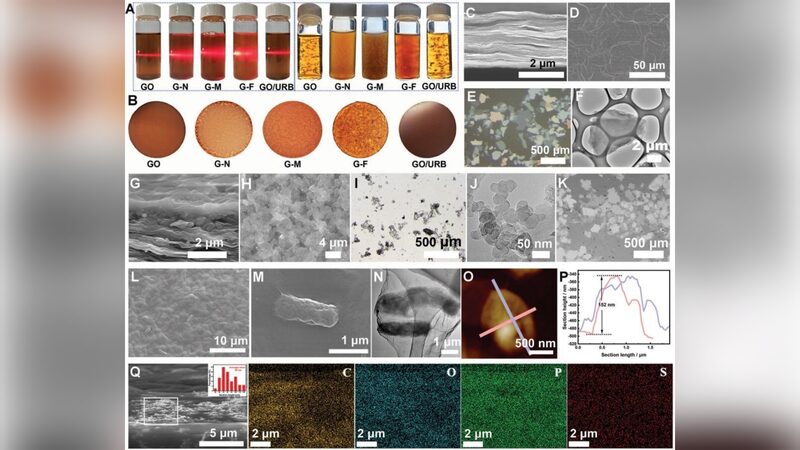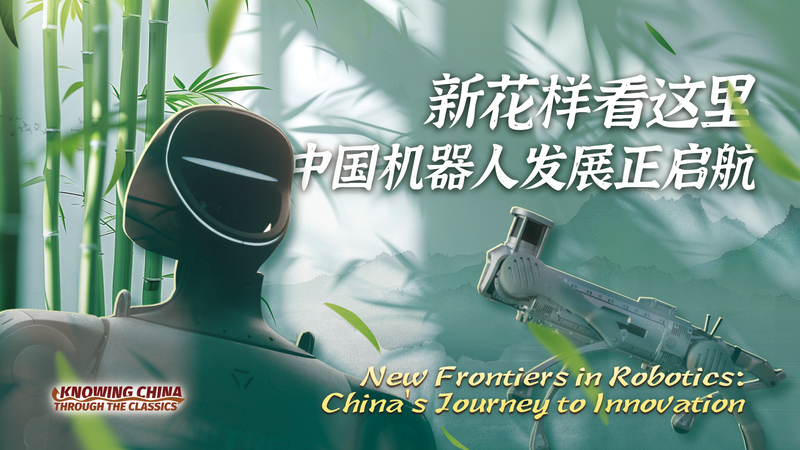In a breakthrough blending culinary science and robotics, researchers in China have developed an artificial tongue capable of measuring the spiciness of chili peppers with unprecedented accuracy. The innovation, detailed in a recently published study in ACS Sensors, could transform quality control processes in the global food industry while paving the way for advanced robotics applications.
Inspired by milk’s ability to neutralize capsaicin – the compound responsible for chili heat – scientists at East China University of Science and Technology (ECUST) engineered a gel-based sensor using milk powder, acrylic acid, and choline chloride. When exposed to capsaicin, the gel’s milk proteins bind to the compound, disrupting ion flow and generating measurable electrical signals. This mechanism mimics how human taste receptors respond to spice.
The team tested eight chili varieties, constructing a spiciness scale from 0 to 70. Results aligned closely with assessments by trained human tasters, validating the device’s reliability. “This creates a powerful platform for future applications, from portable spice monitors to humanoid robots,” the researchers noted.
For food manufacturers, the technology offers a consistent, objective alternative to human panels, reducing labor costs and variability. Investors are eyeing potential applications in smart agriculture and AI-driven culinary systems, particularly as Asian markets drive global demand for spicy products.
Reference(s):
Chinese scientists develop artificial tongue to measure spiciness
cgtn.com








